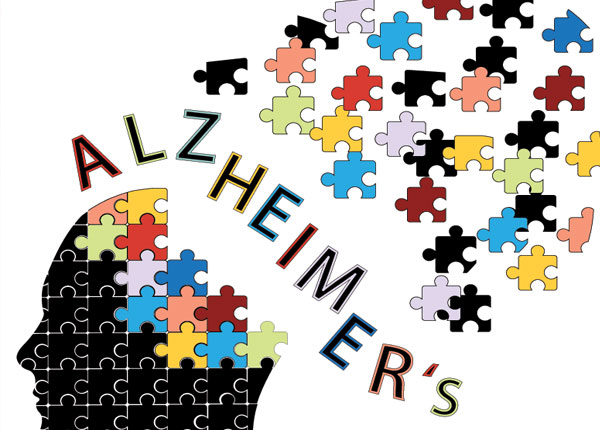New York, Feb 11 : Feeding fish oil-based diet for three weeks has been found to slow progression of Alzheimer’s like symptoms in mouse models of the disease, reports a new study, supporting viability of a dietary approach to combat the brain disorder in humans.
The findings yield important evidence that regular intake of specific dietary components may help to prevent some of the key early functional changes that take place in the Alzheimer brain.
Alzheimer’s disease (AD) is the most common disease underlying memory problems and dementia in the elderly.
Despite enormous effort to find an efficient treatment, current pharmacological interventions are limited to a few drugs that alleviate symptoms but do not slow down the underlying disease processes.
It is generally accepted that lifestyle and particularly dietary habits influence mental health, and prevalence and progression of AD.
Within the EU-funded project LipiDi Diet — therapeutic and preventive impact of nutritional lipids on neuronal and cognitive performance in ageing, Alzheimer´s disease and vascular dementia – the researchers from the Institute of Physiology, Czech Academy of Sciences in the Czech Republic, devised several lipid-based diets aimed at slowing down progression and relieving symptoms of AD.
The study showed that feeding young adult mice with Alzheimer’s like symptoms (transgenic mouse model of AD) with experimental diets containing fish oil or stigma sterol for three weeks relieved some symptoms of the disease.
The study was published in the journal Current Alzheimer Research










